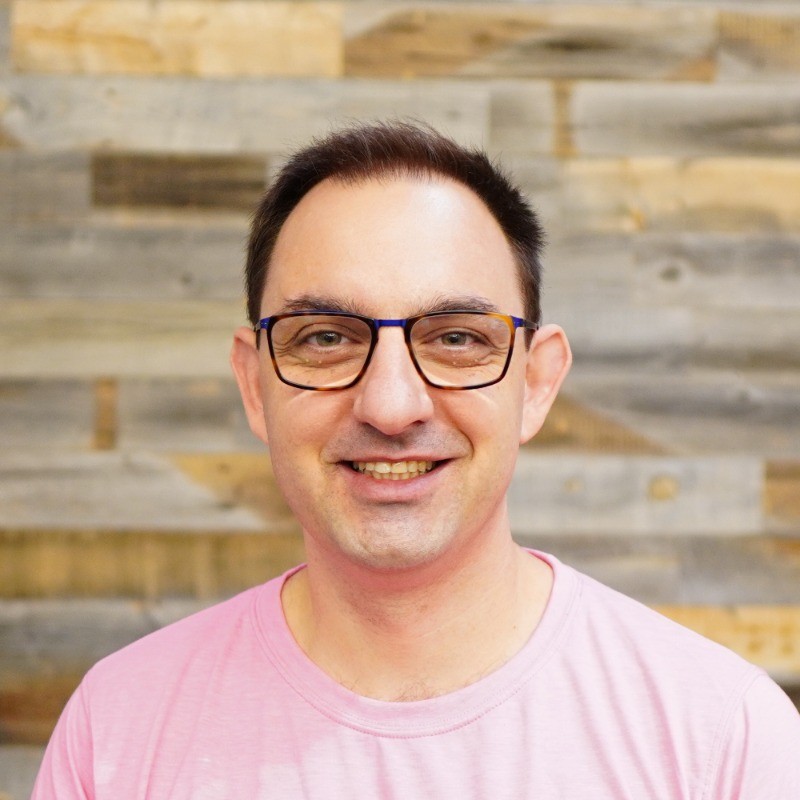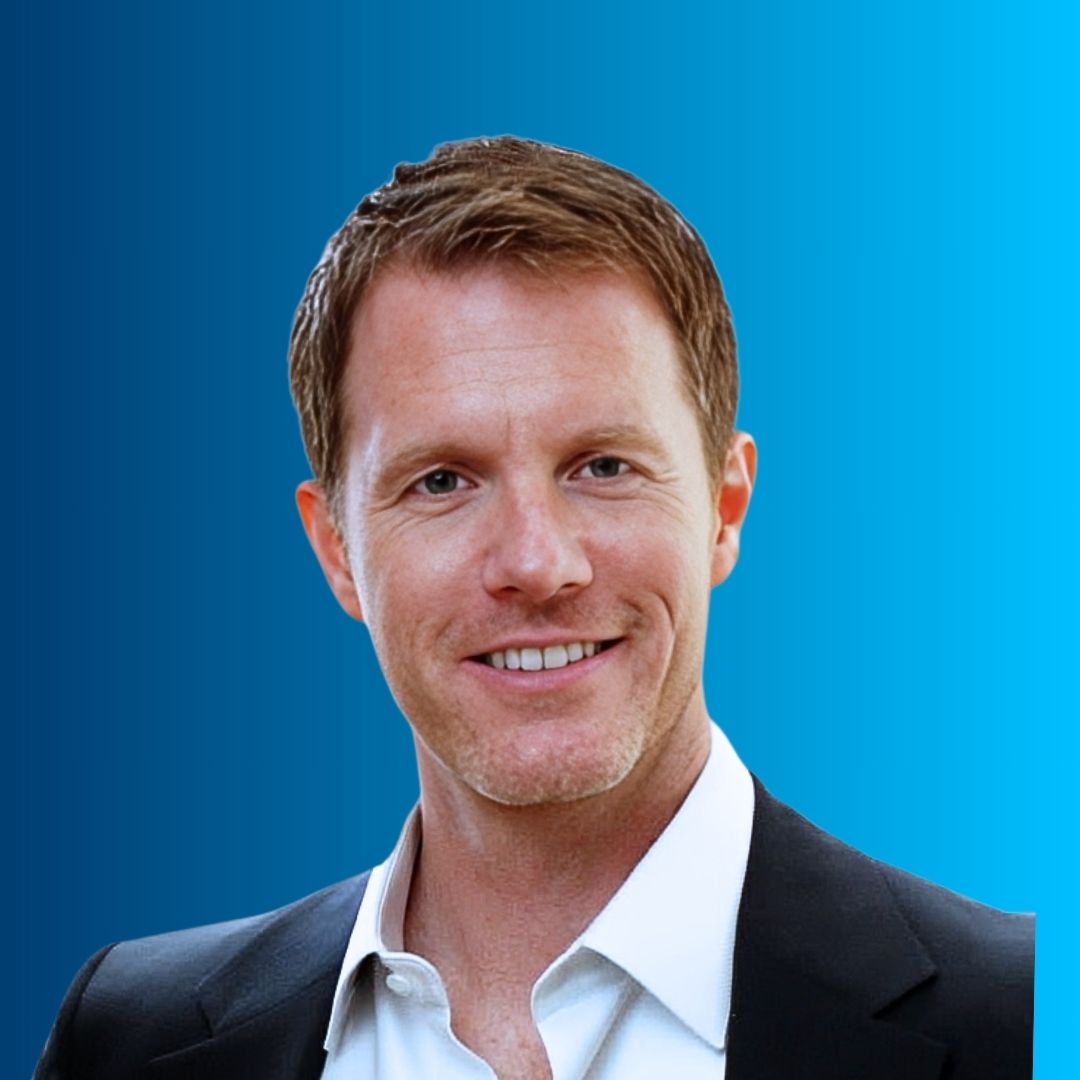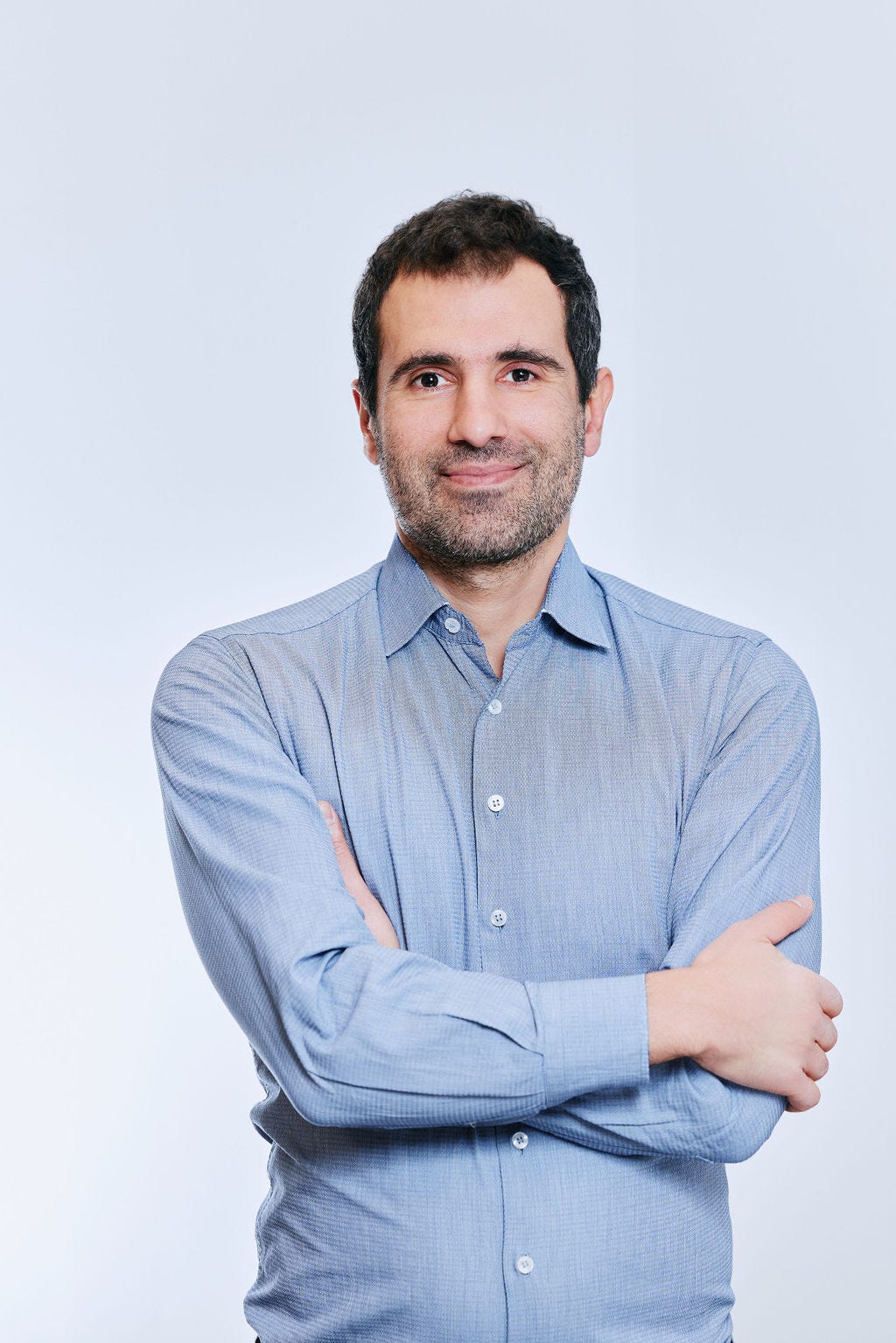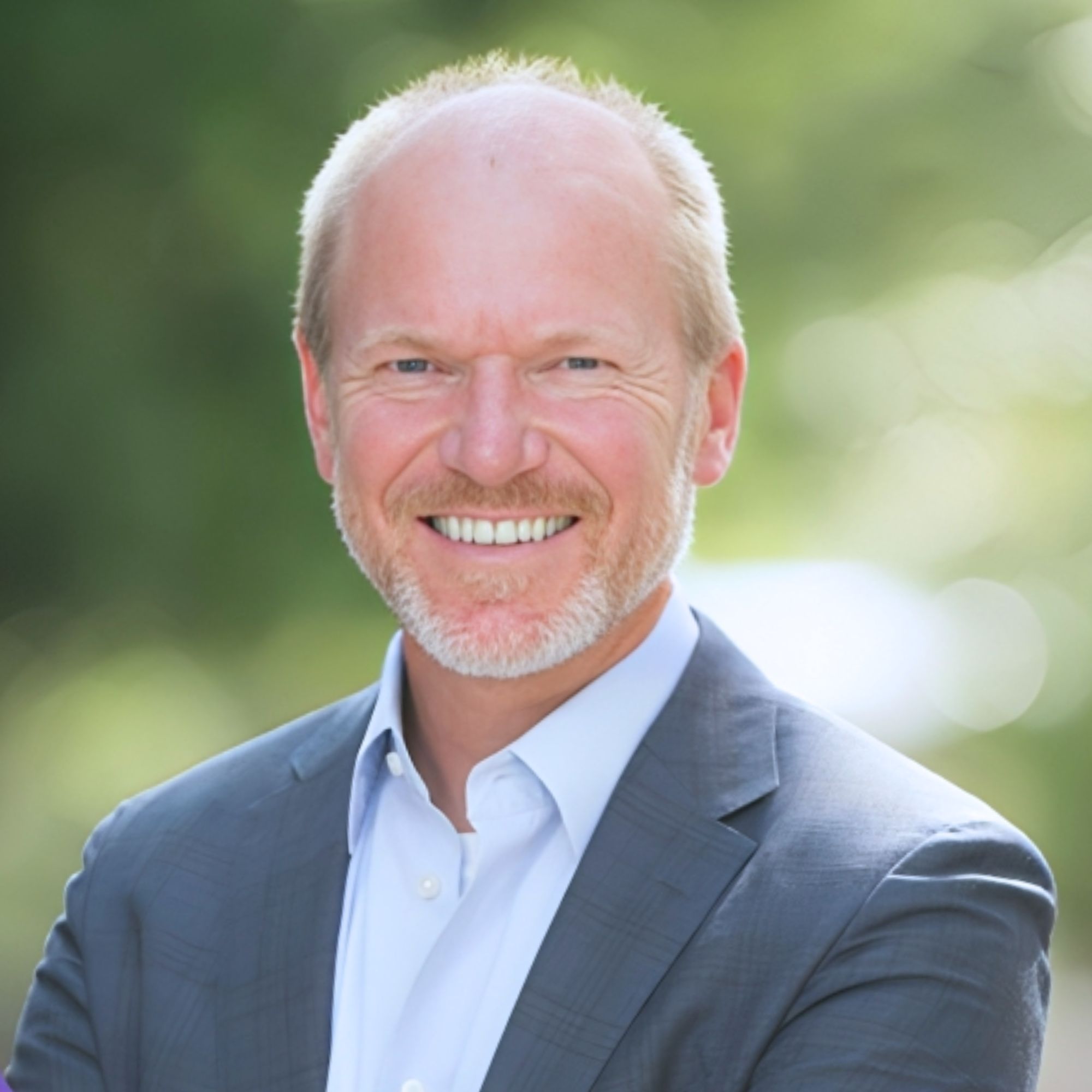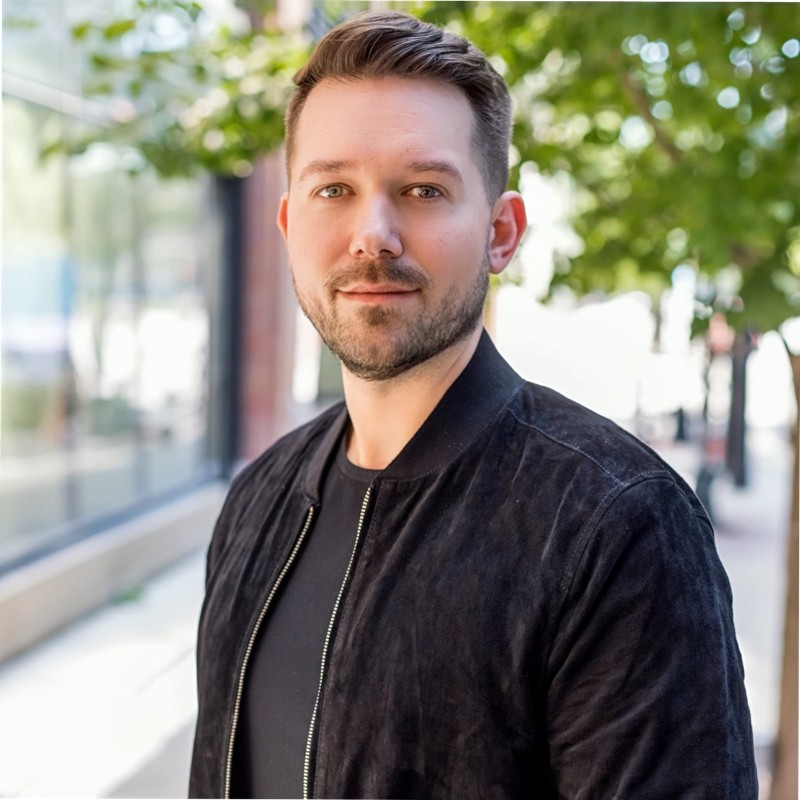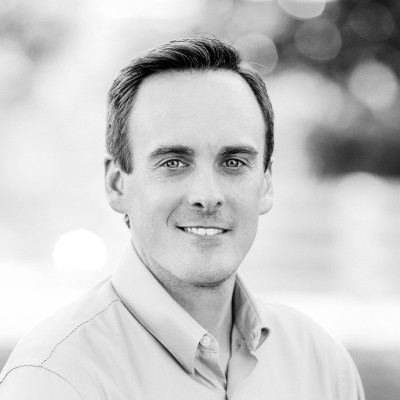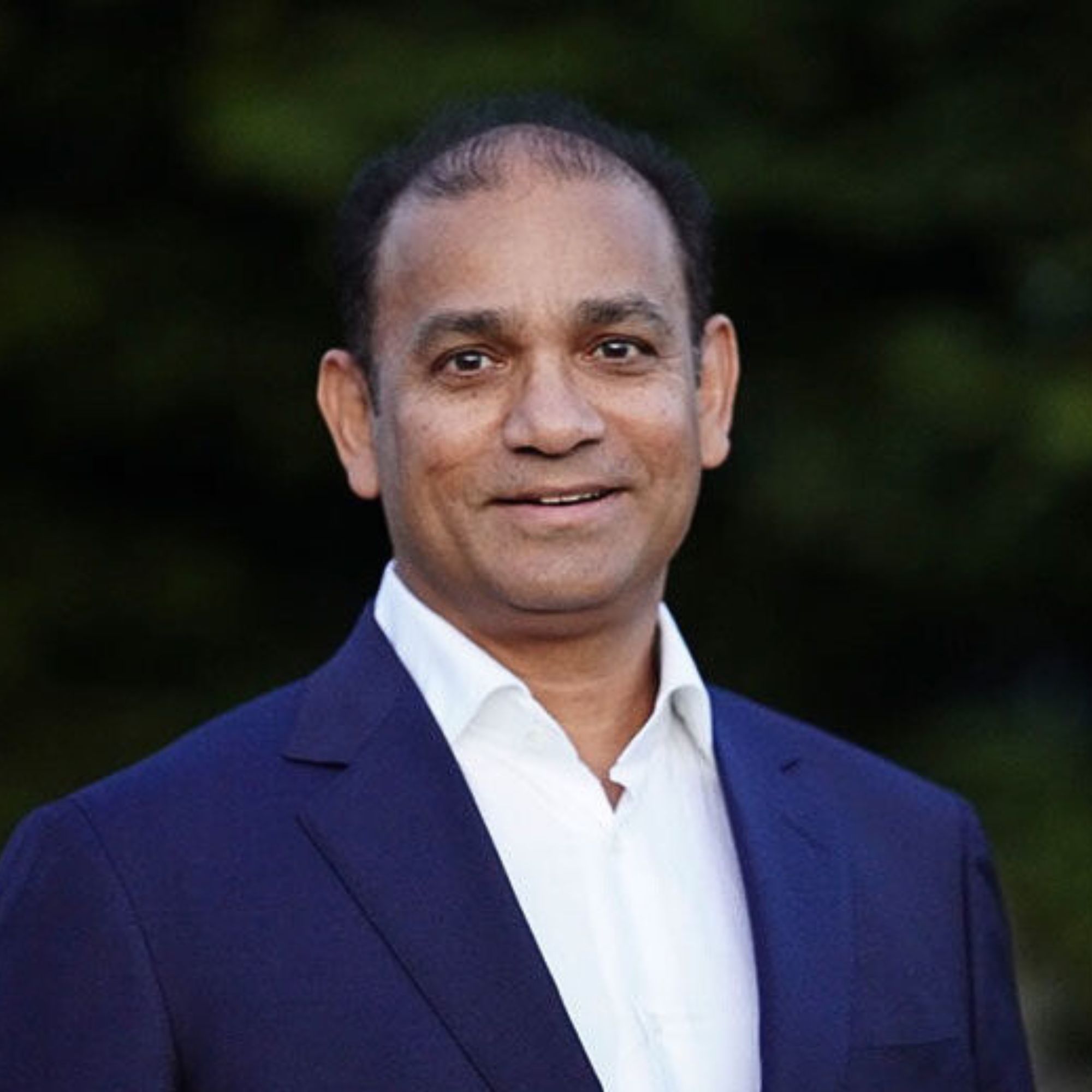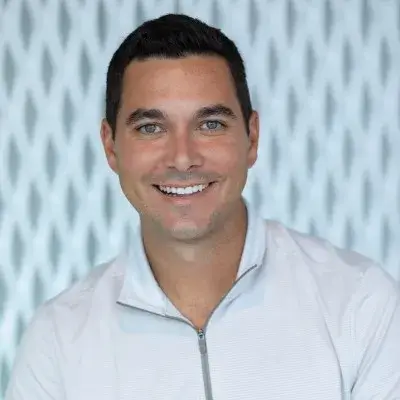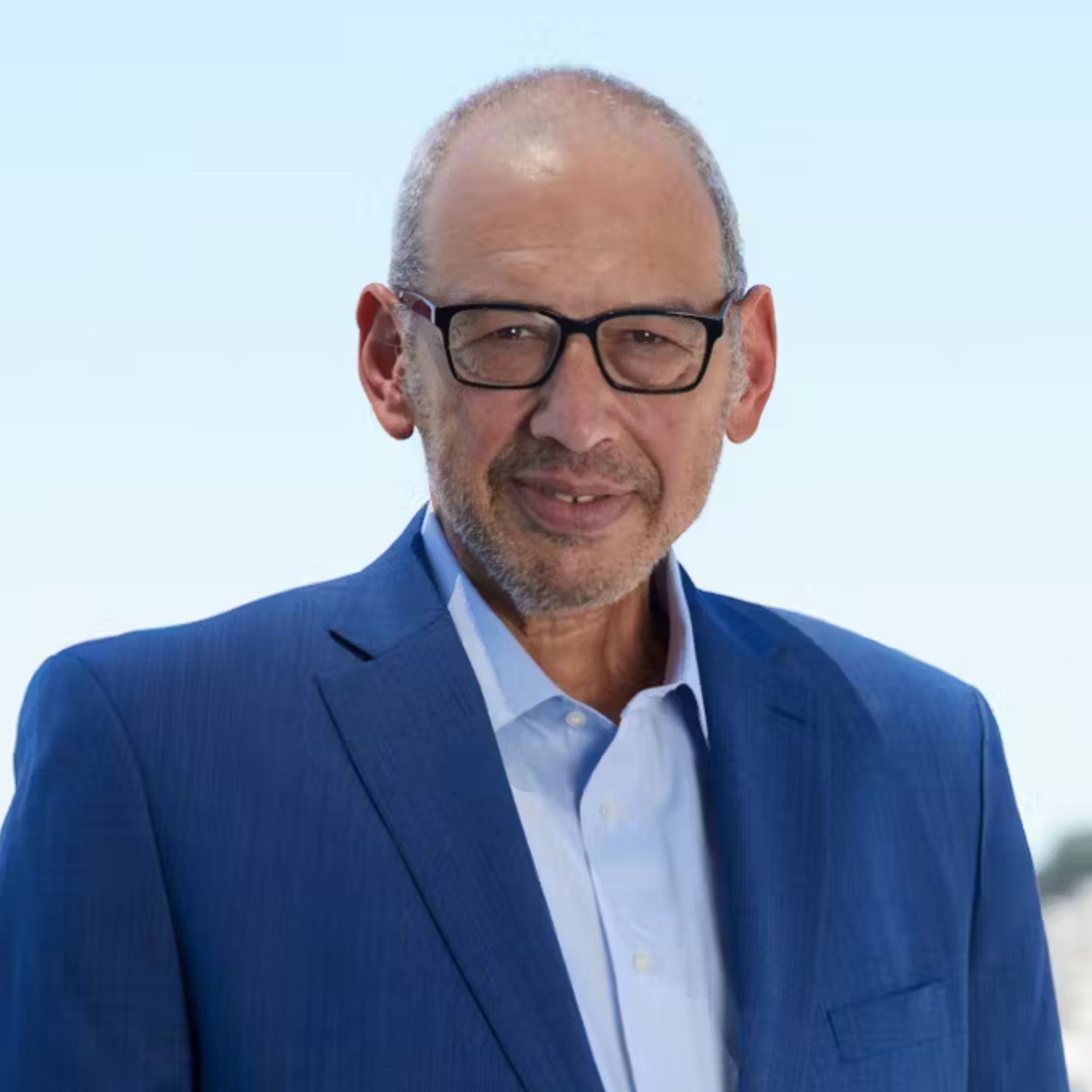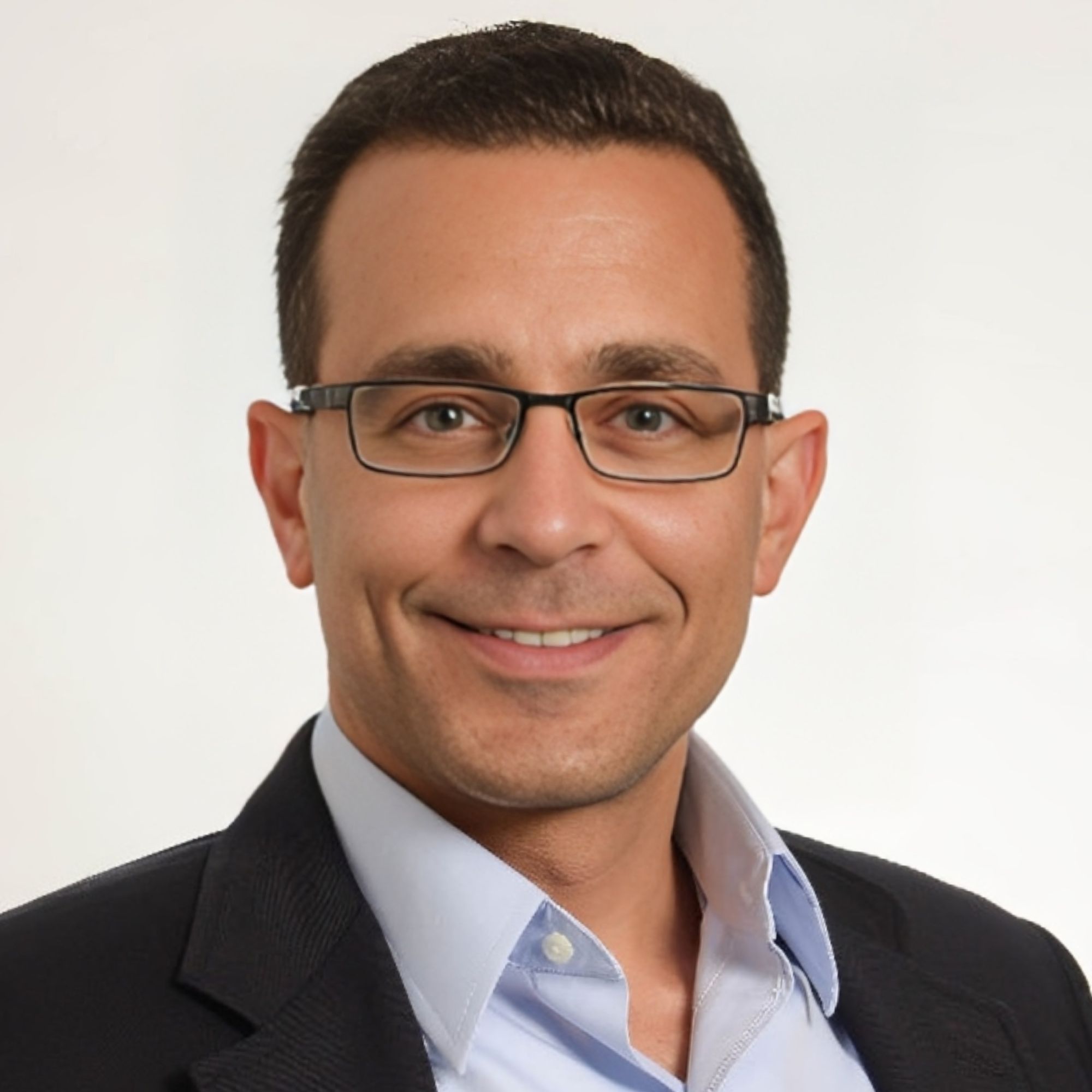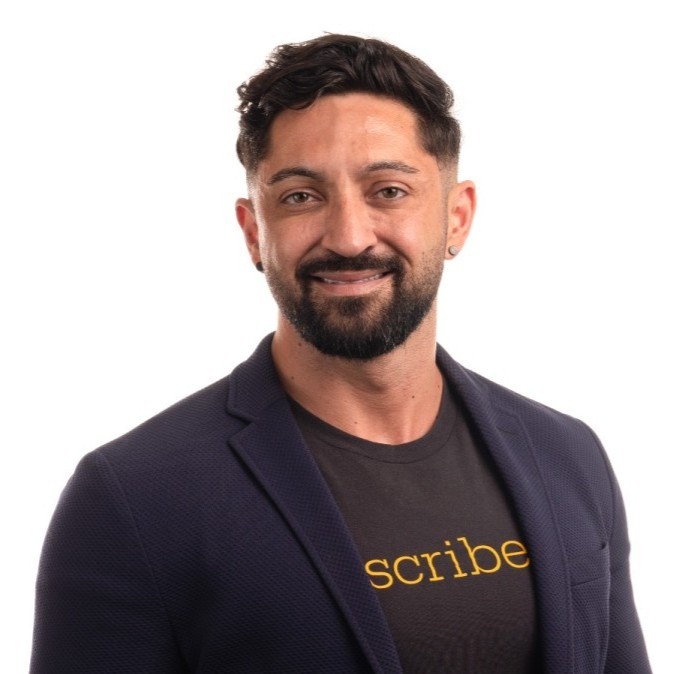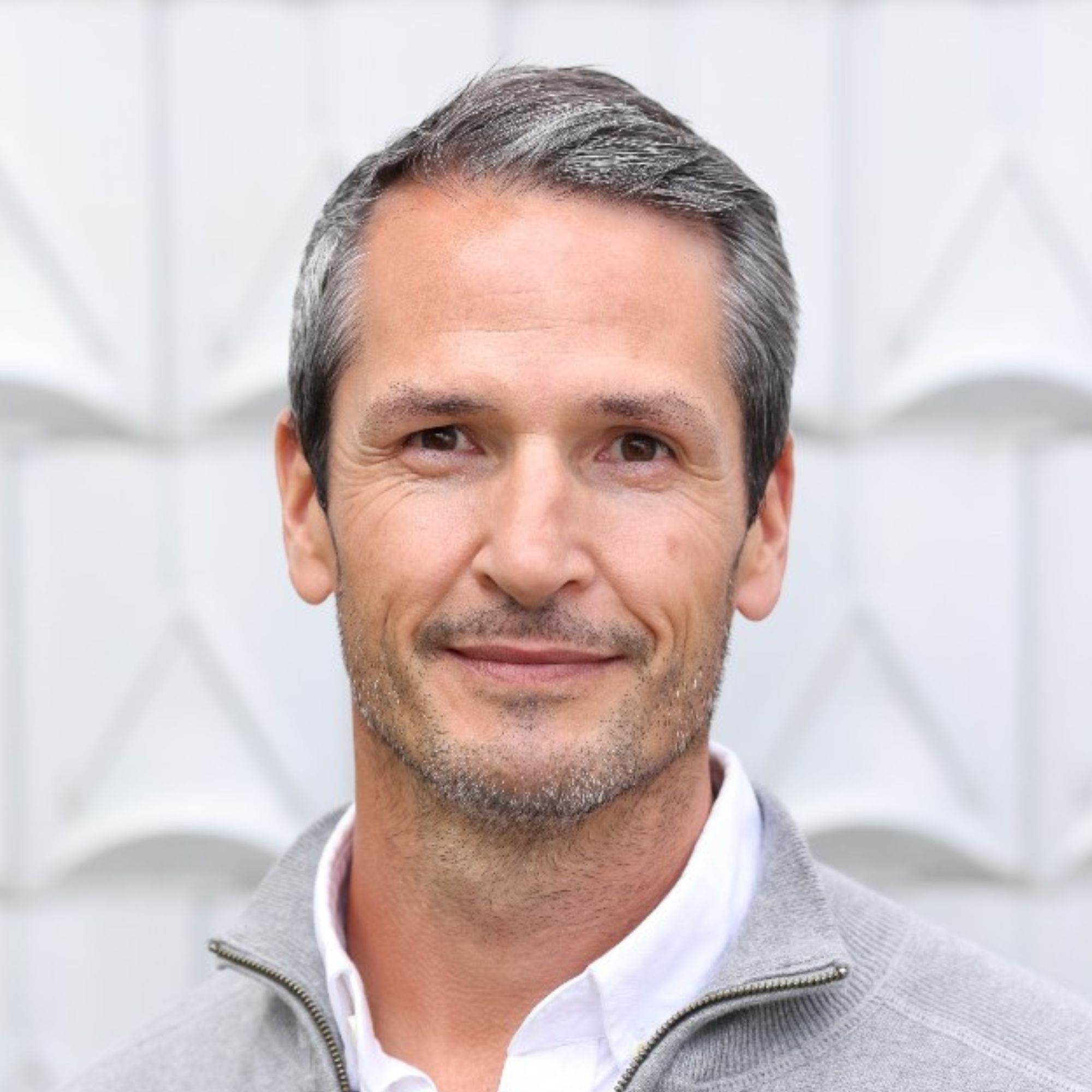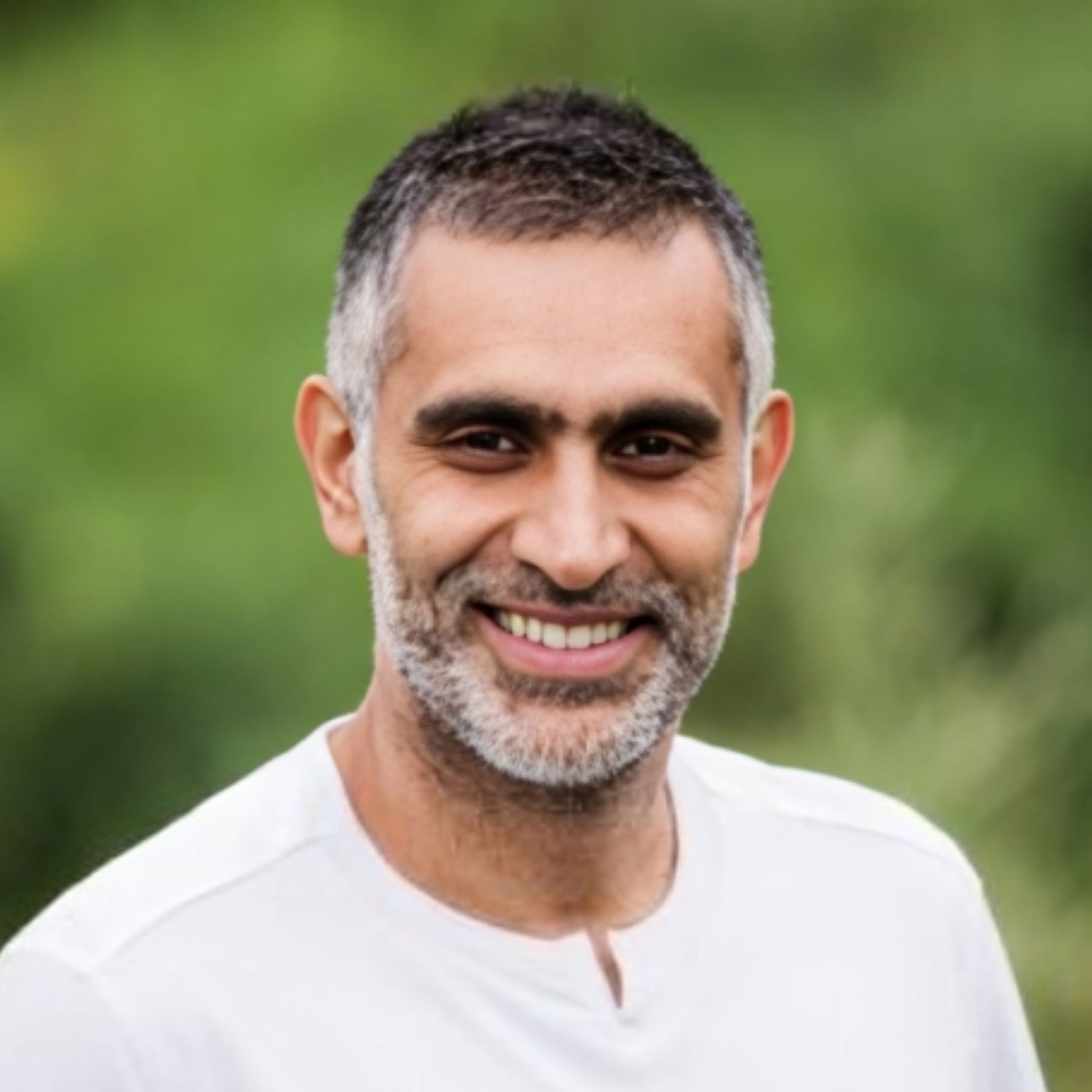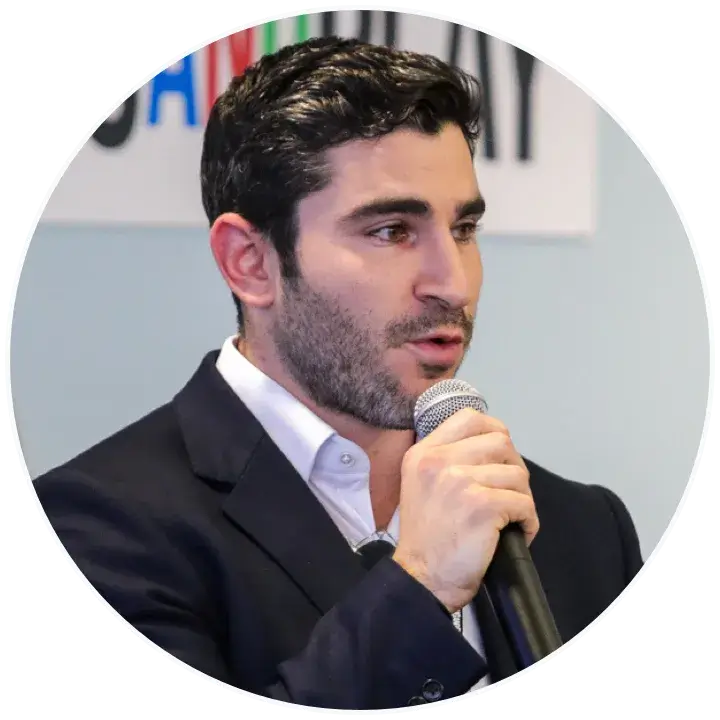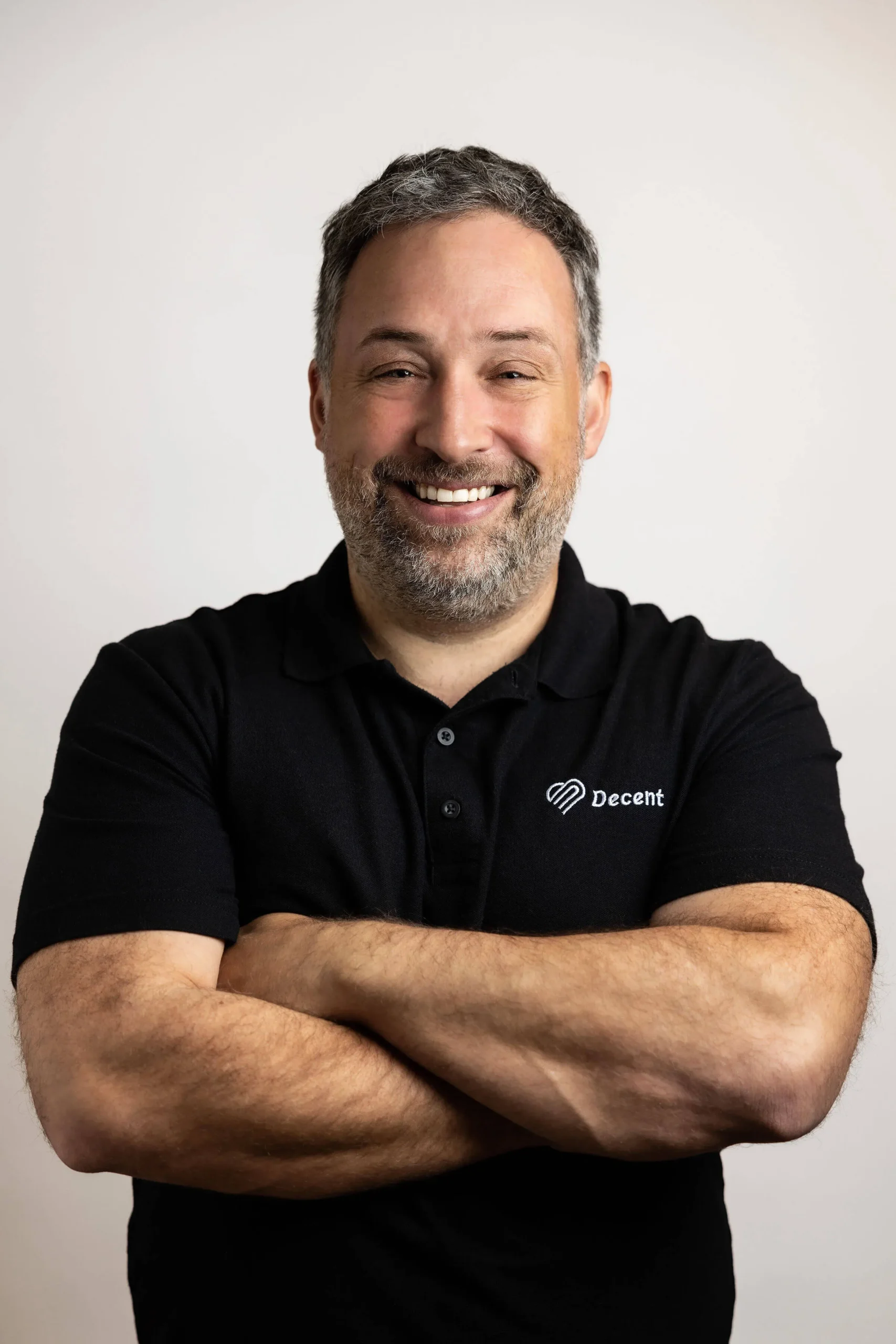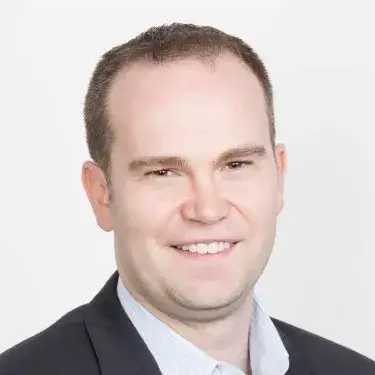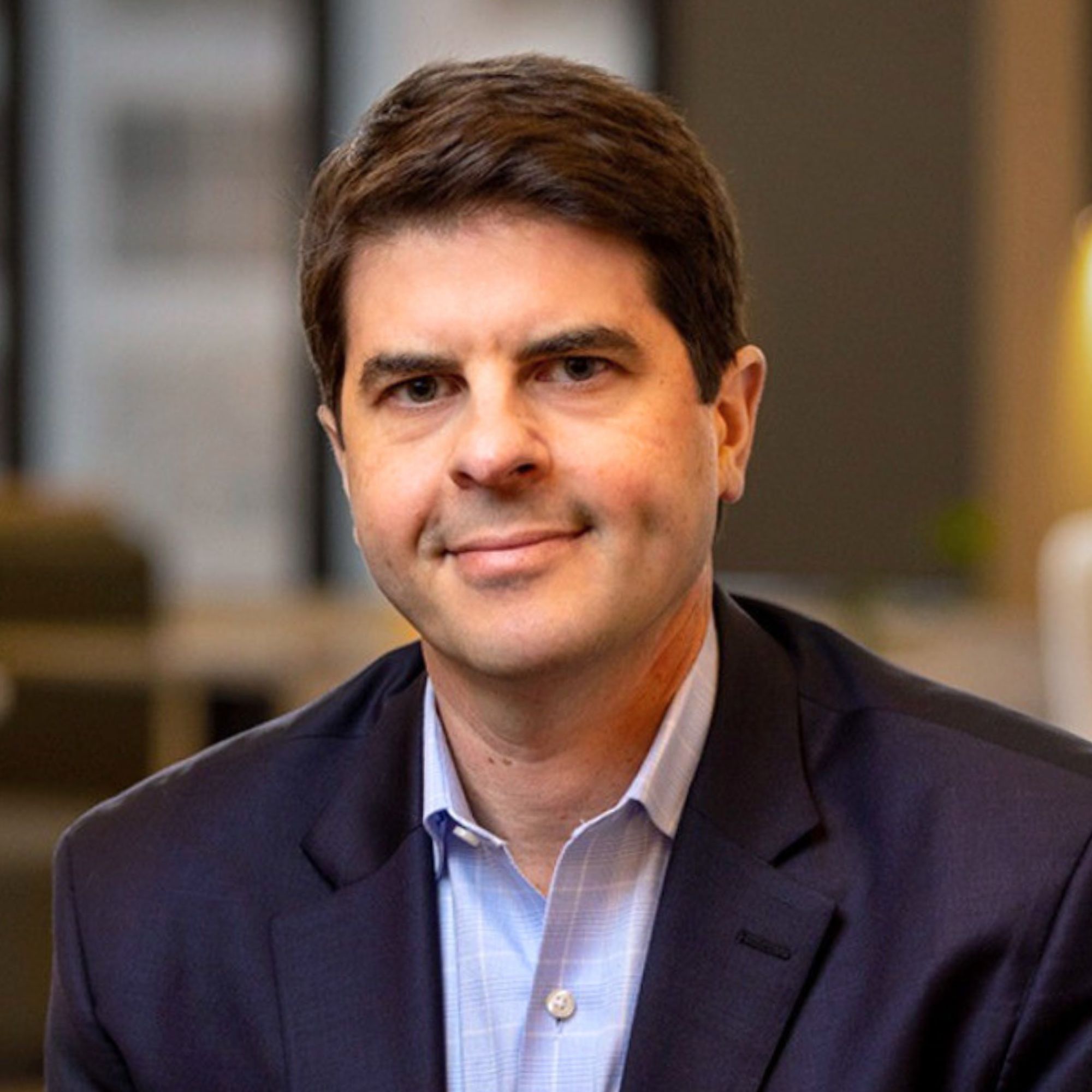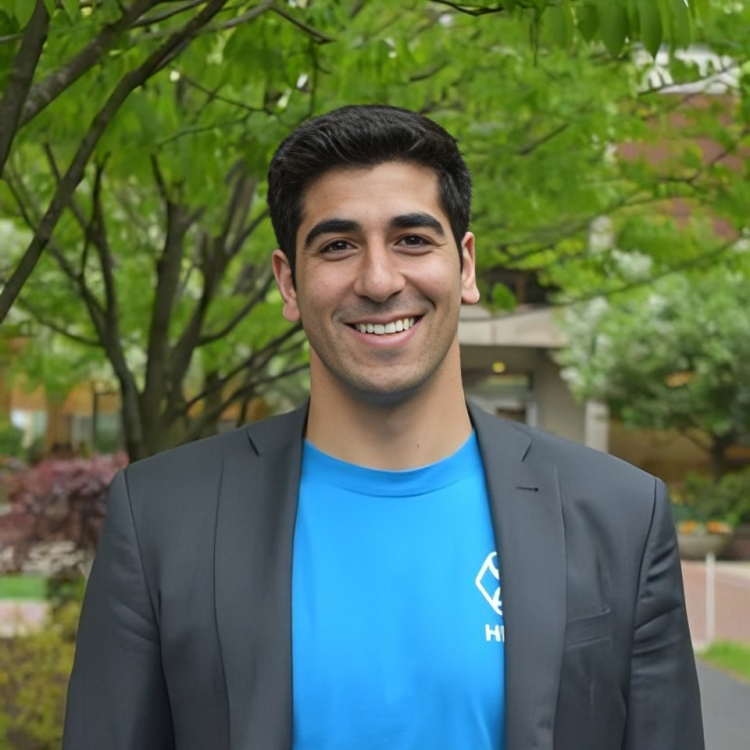Ready to launch your own podcast? Book a strategy call.
Frontlines.io | Where B2B Founders Talk GTM.
Strategic Communications Advisory For Visionary Founders
Conversation
Highlights
When Product-Market Fit Isn’t Enough: How Yuvo Health Cracked Distribution by Becoming the Market Maker
Most startup pivots happen because of product-market fit issues. But in a recent episode of Category Visionaries with Cesar Hererra, Yuvo Health‘s story reveals a different kind of pivot – one driven by the realization that even with strong product-market fit, your business model can still be fundamentally misaligned with market dynamics.
For founders building in regulated markets, Yuvo Health’s journey offers a masterclass in how understanding deep market structures can unlock exponential growth. It’s a story that challenges conventional wisdom about GTM strategy and demonstrates how sometimes the path to scale requires becoming the market maker rather than just another market participant.
The Trap of Capability-First Thinking
When Yuvo Health first launched, they approached the market like many enterprise software companies: build valuable capabilities, then sell them to customers who need them. The initial pitch focused on their technical capabilities and the clear ROI they could deliver to Federally Qualified Health Centers (FQHCs).
But they quickly discovered a fundamental flaw in this approach. As Cesar explains: “When we first started, we really pushed that the most of, here are some capabilities that we know our health center partners are not allowed to build, do not have the capacity to build. And simply by selling that story, we thought that our health center partners would be compelled to partner with us. We realized really quickly that wasn’t a compelling story.”
The problem wasn’t that FQHCs didn’t need their capabilities – they absolutely did. The problem was that the conventional SaaS business model didn’t match the financial reality of their market.
The Hidden Barrier: Market Structure Over Product Value
Here’s where Yuvo Health’s story gets interesting for founders. They discovered that their greatest barrier to adoption wasn’t product-market fit or even price sensitivity – it was the fundamental structure of how money moved through their market.
“Our health centers are willfully under resourced and they need access to the capital today,” Cesar reveals. The traditional model of charging customers for services, no matter how valuable, simply wouldn’t work.
This realization led to what Cesar describes as “the biggest decision that we made early on in the company” – a complete inversion of their business model. Instead of charging health centers for services, they became “the risk-bearing entity to actually take on risk under value based care to contract directly with health plans and use those contracts with health plans to actually directly funnel value based care revenue to our health center partners.”
Building Trust Through Business Model Innovation
The pivot wasn’t just about changing who pays whom – it was about fundamentally realigning incentives in a market where trust is scarce. “Health centers were born out of the social justice movement 40 years ago,” Cesar explains. “They represent their communities who are heavily exploited by systems, and they themselves have been exploited by organizations that look very similar to us for profit institutions.”
By restructuring their business model to directly generate revenue for health centers rather than extract it from them, Yuvo Health transformed from potential exploiter to trusted partner. This trust-first approach is reflected in every aspect of their GTM strategy, even down to their marketing: “Most of our marketing is actually marketing for our FQHCs versus marketing ourselves.”
The Results: When Distribution Becomes Your Moat
The impact of this model inversion was dramatic. Yuvo Health grew from 3,000 patients under management to 40,000 in just two and a half years, with projections to hit 80,000 next year. But more importantly, they’ve built a powerful distribution advantage that would be difficult for competitors to replicate.
“There are very few third party entities that directly support health centers,” Cesar notes. By becoming the risk-bearing entity and aligning their business model with their customers’ financial reality, they’ve created a moat that goes beyond traditional product differentiation.
The Broader Principle: Market Structure as GTM Strategy
For founders building in complex markets, Yuvo Health’s journey highlights a crucial principle: sometimes the key to distribution isn’t about better sales tactics or marketing messages – it’s about fundamentally restructuring how value flows through your market.
“Everything should be centered on your customer, whoever that is,” Cesar advises. “Make sure that you truly understand the motivations of your customer and they’re quote unquote buying decisions. Because if you don’t understand that regardless of how great your solution is, you’re not going to be able to sell it.”
This insight goes beyond surface-level customer centricity. It’s about understanding the deep structure of your market and being willing to completely reinvent your business model to align with that reality. For Yuvo Health, this meant evolving from a traditional SaaS provider into a risk-bearing entity that enables new revenue streams for their customers.
The lesson? In markets with structural barriers to adoption, the path to scale might require becoming the market maker rather than just another market participant. It’s a more complex play than traditional GTM strategies, but for founders willing to deeply understand and reshape their market dynamics, it can create unprecedented opportunities for growth.
Actionable
Takeaways
Leverage Personal Experience for Authentic Mission Alignment:
Cesar's journey underscores the power of using personal life experiences to shape a company's mission. For B2B tech founders, particularly in sectors like healthcare, aligning your startup's goals with personal convictions can drive authenticity, passion, and resilience. This alignment not only motivates internal teams but also resonates deeply with customers and partners, building trust and commitment.
Pivoting Business Models to Meet Customer Needs:
Yuvo Health's pivot from a service-based model to taking on risk for health centers highlights the importance of flexibility in startup strategy. Founders should be open to fundamentally rethinking their revenue and operational models based on early feedback and market realities, especially when dealing with underserved or complex markets.
Building Trust with Early Partners:
Gaining an early partner like Ryan Chelsea Clinton Health Center was pivotal for Yuvo Health. For founders, securing such partnerships requires more than just a compelling product; it necessitates building deep trust. This involves demonstrating a genuine commitment to your partners' missions and ensuring your business model aligns with their needs and constraints.
Focus on Solving Big, Hairy Problems:
Tackling significant issues, like improving healthcare access for 20 million people, can be daunting but also incredibly rewarding. Founders should not shy away from big problems. Instead, break down these challenges into manageable goals and leverage innovative business models, like value-based care in Yuvo Health's case, to address systemic issues systematically.
Continuous Adaptation and Growth:
Yuvo Health's journey from managing 3,000 to 40,000 patients in a value-based care model showcases the necessity of scaling solutions effectively. Founders should plan for scalability from the outset, ensuring that their solutions can grow to meet increasing demand without compromising on the quality or impact of the service provided.











